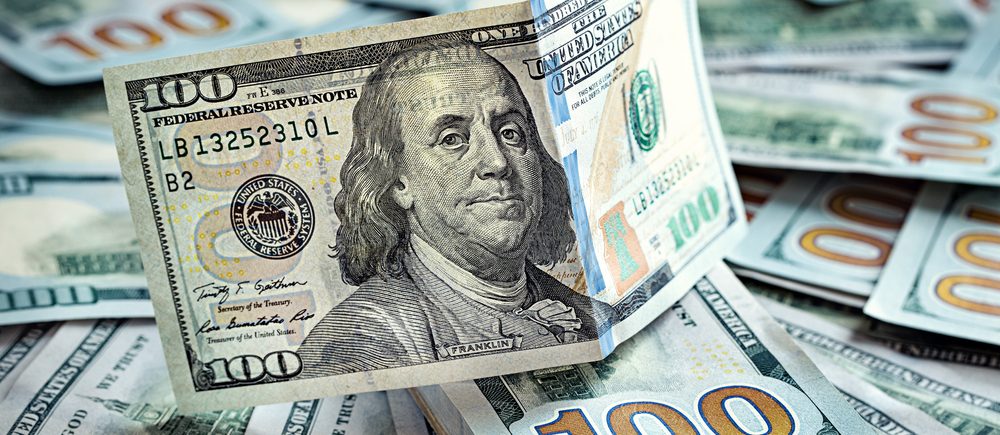The U.S. dollar rebounded on Thursday following a decline the previous day, as central bank decisions continued to impact currency markets. The dollar index, which measures the dollar against six major peers, rose by 0.29% to 104.35. This recovery came after a 0.4% drop the day before, when the Federal Reserve kept rates steady but signaled a potential rate cut in September.
Chris Turner from ING noted that geopolitical tensions and a slowing global economy were bolstering the dollar, traditionally seen as a “safe haven” in times of uncertainty, despite the Fed’s inclination towards rate cuts.
The euro fell to a three-week low of $1.0782, down 0.36%, as the dollar strengthened. The pound also dropped to a three-week low of $1.2779, a 0.57% decrease, ahead of the Bank of England’s critical interest rate decision. Market expectations suggest a 62% chance of a rate cut from the BoE, up from around 58% earlier in the week.
The Japanese yen remained stable at 149.87 yen to the dollar. It had surged 1.8% the previous day after the Bank of Japan raised rates for the second time this year, ending July with a 7.3% gain, its best monthly performance since November 2022. This yen appreciation followed Japanese intervention and a narrowing of the U.S.-Japan interest rate gap.
Sterling’s decline reflects shifting investor sentiment regarding the BoE’s future rate decisions. Fed Chair Jerome Powell emphasized the importance of the labor market, highlighting the upcoming U.S. jobs report for July, which is expected to show an addition of 175,000 jobs. This follows a 206,000 increase in June. Traders are anticipating 72 basis points of easing from the Fed this year, with future rate cuts dependent on economic conditions.
 Noor Trends News, Technical Analysis, Educational Tools and Recommendations
Noor Trends News, Technical Analysis, Educational Tools and Recommendations





